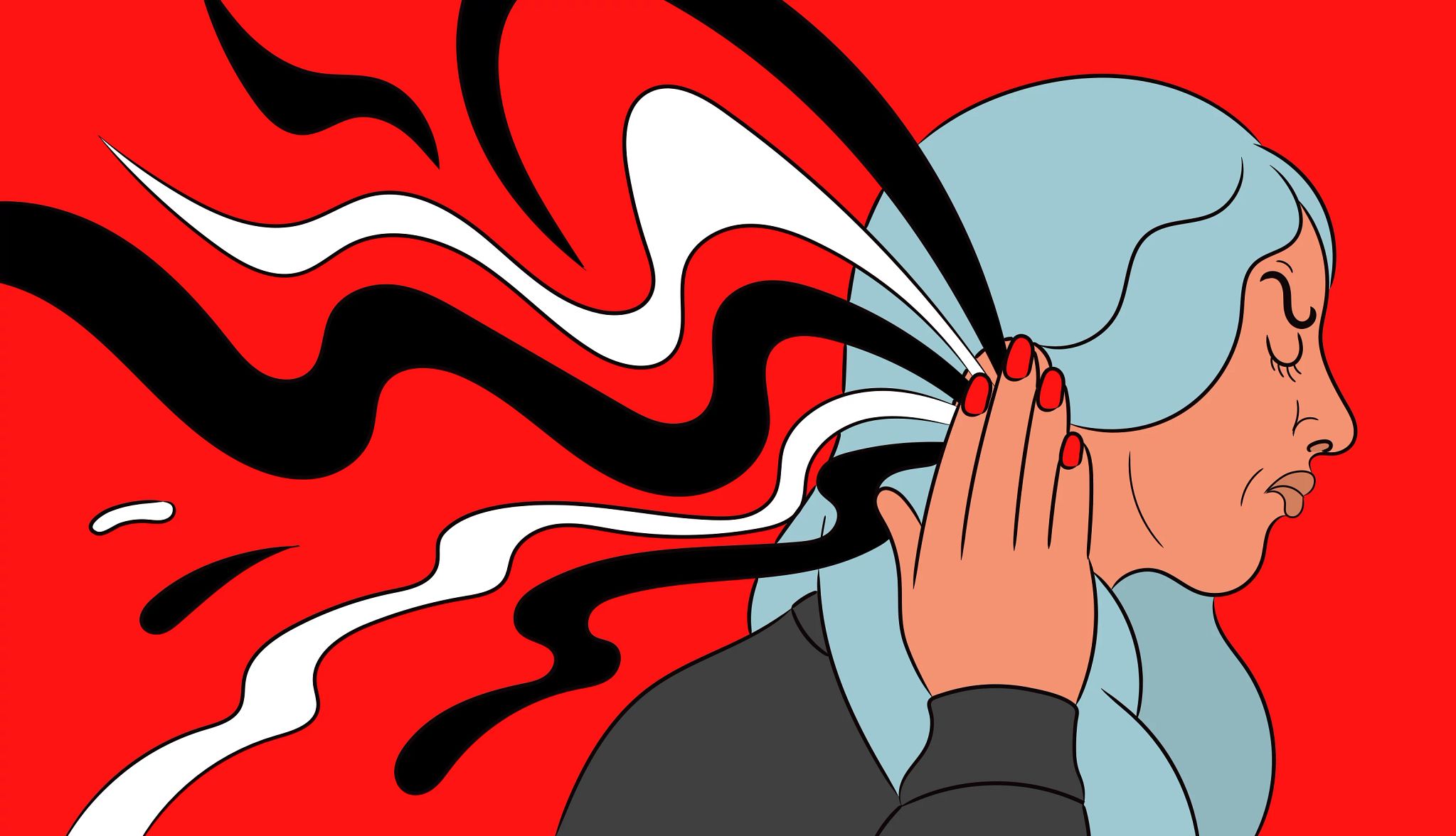AARP Hearing Center


Key takeaways
- Adults often rupture eardrums by sticking cotton swabs in their ears.
- Symptoms can include ear pain, leaking fluid and ringing in the ears.
- Most ruptured eardrums heal on their own.
- While you heal, keep water out of your ears and be cautious.
You probably don’t think much about your eardrums. But they’re pretty important. These thin layers of tissue, which sit about 1 inch inside your ear canal, help you hear. They also protect your middle ear from water, bacteria and other harmful substances.
So, a ruptured or perforated eardrum — a hole in your eardrum — is a problem. Fortunately, it’s one that usually clears up on its own. But getting a diagnosis is important, and some people do need medical treatment to close the hole, says Dr. Gavin Le Nobel, an otolaryngologist at Houston Methodist.
Here’s what you need to know.
What causes a ruptured eardrum?
Dr. Jeffrey LaCour, an otolaryngologist at North Oaks Health System in Hammond, Louisiana, says he has one patient in his 60s who ruptures his eardrum repeatedly by slamming into waves while surfing. “He loves the surfing, so he keeps doing it,” making his eardrum more fragile each time, LaCour says.
That’s not the way most people perforate their eardrums, of course. Here are the usual causes:
Infection. When you have an infection in the middle ear, fluid can build up, creating enough pressure to rupture an eardrum. While this is a common problem in children, it’s much rarer in adults, LaCour says.
Sticking objects in your ear. This is the most common cause in adults and is linked to one particular object, LaCour says: cotton swabs. People use them in a misguided attempt to clean impacted earwax from their ears, he and Le Nobel say. “All that generally does is push things in,” Le Nobel says. LaCour says he also frequently sees bobby pin injuries, because people use them to scratch their ears (also a bad idea).
Sudden pressure changes (barotrauma). Air travel, scuba diving or a direct blow to the ear, like from a car airbag, can lead to significant pressure changes in the ear and cause a rupture to the eardrum. “I actually perforated my own eardrum scuba diving,” Le Nobel says.
Head blows. Getting a hard hit to your head, from a fall or even a slap, can rupture your eardrum. It’s sometimes seen in cases of domestic abuse, LaCour says.
Extremely loud noises. The sound waves from an explosion or gunshot, for example, might be strong enough to rupture an eardrum.




































































Next in series
What Is Ménière’s Disease?
Ménière’s disease causes vertigo and hearing loss, but how severe it is and how it’s treated varies